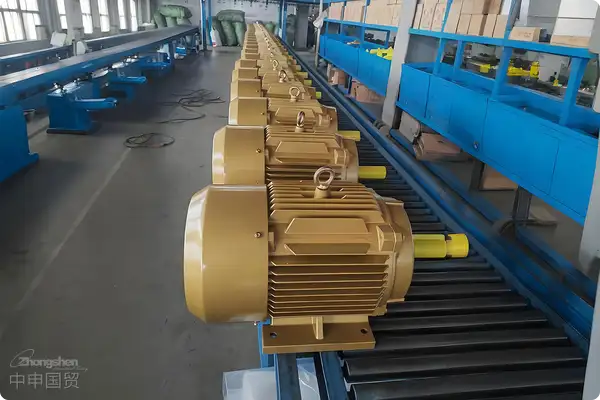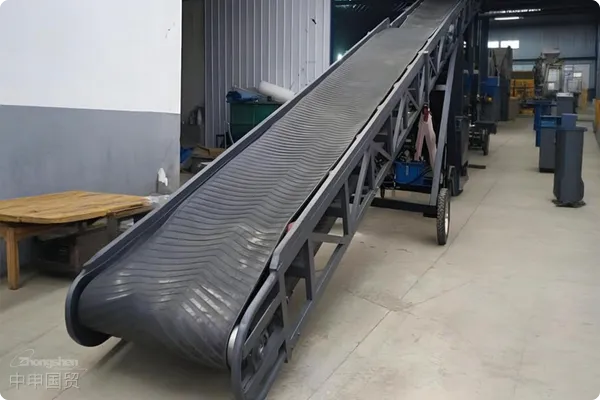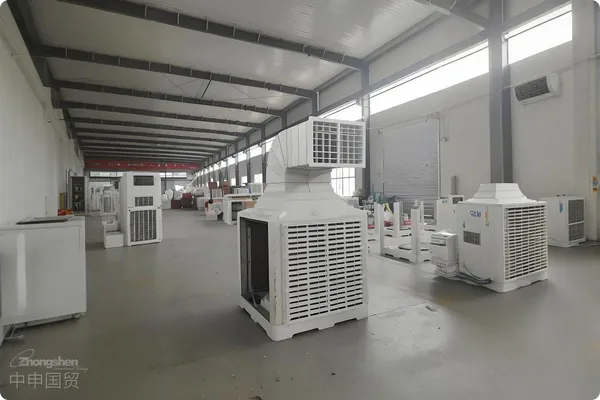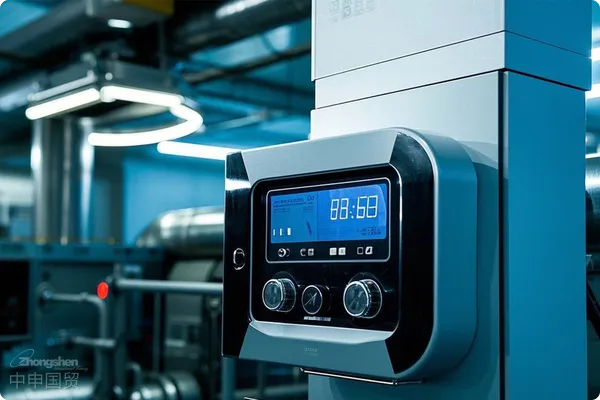- Shanghai Zhongshen International Trade Co., Ltd. - Two decades of trade agency expertise.
- Service Hotline: 139 1787 2118
What qualification documents are required for the export of mechanical equipment to Thailand?It is recommended to verify through the following methods:Three key steps in the Thai customs clearance process
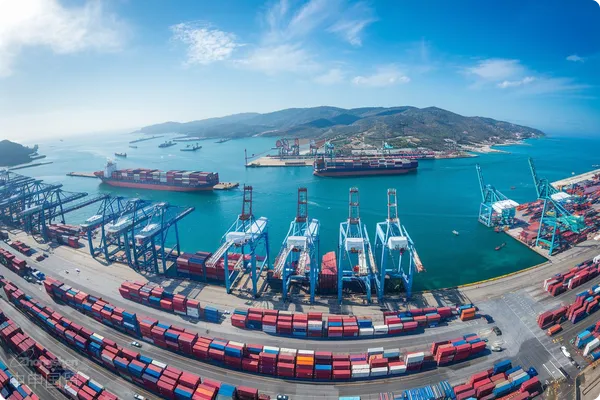
MachineryEquipment ExportWhat qualification documents are required in Thailand?
Three core documents need to be prepared before exporting to Thailand:
1) Export license and commodity inspection certificate required by the Chinese customs (for specific equipment)
2) Thailand TISI certification (products within the mandatory catalog)
3) Certificate of origin (FORM E enjoys tariff preferences). It is recommended to confirm with a professional agency six months in advance the access requirements corresponding to the HS code of the product. Some construction machinery also need to apply for the BOI Investment Promotion Certificate.foreign tradeSubmission through the Pre - notification System (PNS)
Special technical requirements of the Thai market
1) : The electronic customs declaration form, including 12 elements such as commodity description and value declaration, must be filled in 24 hours before the cargo ship arrives at the port.Tariff calculation
2) : The basic tariff rate for mechanical equipment is 5% - 20%, plus a 7% value - added tax.Physical inspection
3) : The Thai customs conducts a 10% spot - check on mechanical equipment, focusing on verifying the consistency between the serial number and the declaration.Thailand requires that the packaging of mechanical equipment must:
Packaging and transportation specifications that must be noted
1) Use IPPC - certified wooden boxes
2) Mark operation warning signs in both Thai and English
3) Configure a moisture - proof layer (humidity requirement < 65%). It is recommended to choose Laem Chabang Port as the preferred unloading port and purchase insurance to cover special risks during the typhoon season (May - October).
1) Voltage standard: Industrial equipment needs to be compatible with a dual - voltage system of 220V/380VMaritime Transportation2) Safety certification: Pressure vessels must obtain a PCD supervision certificate
Special Technical Requirements for the Thai Market
3) Environmental protection requirements: Diesel engines must meet the Tier 3 emission standard. It is recommended to check the latest technical regulations updates through the official website of the Thai Industrial Standards Institute (TISI).
Professional agency companies can provide:
1) Optimization of HS code classification (reasonably reducing tariff costs)
Core value points of foreign trade agency services
2) Localized label production services
3) Acting application for Thai import license (IDP)
4) Bonded warehousing solutions. Take the export case of an injection molding machine as an example. By rationally using the FORM E certificate of origin, the tariff was successfully reduced from 15% to 5%.
A: It is necessary to apply for a second - hand permit from the Thai Ministry of Industry and provide a certificate of the equipments service life.
A: It is recommended to declare it separately as machine parts and enjoy a preferential tax rate of 0 - 5%. A maintenance contract needs to be provided as evidence.
Frequently Asked Questions
Successfully exporting mechanical equipment to Thailand is not just about shipping. From qualification certification, customs clearance documents to packaging and transportation, each link may affect the final customs clearance efficiency and cost. By rationally planning the HS code, optimizing the use of the FORM E certificate of origin, and applying for relevant certifications in advance, enterprises can significantly reduce tariffs and increase the export success rate. Cooperating with professional foreign trade agents (such as ) can effectively avoid trade risks and ensure that your mechanical equipment smoothly enters the Thai market to seize business opportunities!equipment. For example, Indonesia has the SNI certification, Thailand has the TISI certification, and the Philippines has the BPS certification. It is necessary to confirm in advance the equipment voltage (such as 380V/50Hz in Thailand), the compatibility of the CE certification, and the proof of environmentally friendly materials.Complete Guide to Exporting Industrial Robots: HS Code Analysis and Compliance Practice
Exporting mechanical equipment to Thailand? Have you stepped on these hidden thresholds?_Shanghai Zhongshen International Trade Import and Export Agency Service
This article details the process of textile exports to the EU, including steps such as market research, product compliance confirmation, document preparation, transportation selection, and customs clearance and delivery, and emphasizes precautions, such as product quality and technical standards, label and packaging requirements, and compliance risk management. At the same time, it expounds on the important role of foreign trade agency service companies in the export process, such as providing professional consultation, efficiently handling documents, logistics and customs clearance services, and risk control and after - sales support. Finally, it supplements the main content of EU textile label regulations and relevant information on non - mandatory labels.ZhongShen International TradeThis article comprehensively analyzes the classification, declaration elements, and compliance requirements for textile and clothing imports and exports, covering HS code rules and technical standards of various countries, helping enterprises to smoothly pass customs and enhance their international market competitiveness.
Related Recommendations
Category case
Contact Us
Email: service@sh-zhongshen.com
Related Recommendations
Contact via WeChat

? 2025. All Rights Reserved. 滬ICP備2023007705號(hào)-2  PSB Record: Shanghai No.31011502009912
PSB Record: Shanghai No.31011502009912

